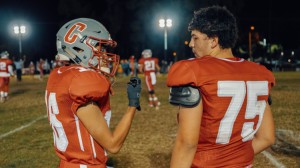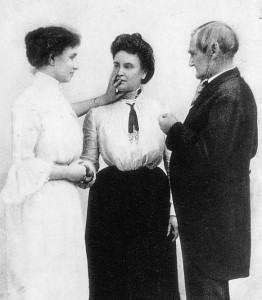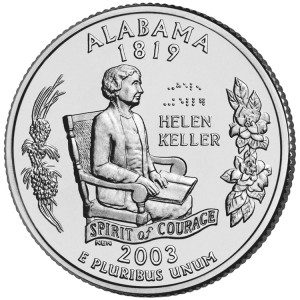Spotlight: Actor Troy Kotsur
Wednesday, March 8th, 2023

The American actor Troy Kotsur made history as the first deaf man to win an Academy Award for acting. He won for his role in CODA (2021).
Credit: © DFree/Shutterstock
American actor Troy Kotsur has had a busy few years. Between winning an Academy Award, starring in two “Star Wars” television series, and performing the national anthem at Superbowl LVII, Kotsur is everywhere! Kotsur signed the lyrics to the “Star-Spangled Banner” as American musician Chris Stapleton sang to a crowd of nearly 68 thousand fans in person and millions more watching elsewhere.
Kotsur became the first deaf man to receive an Academy Award when he won best supporting actor for his performance in the motion picture CODA (2021). He was the second deaf performer to win an acting Oscar, after Marlee Matlin won best actress in 1987.
Troy Michael Kotsur was born July 24, 1968, in Mesa, Arizona. He was born deaf to hearing parents. Kotsur began acting in high school, performing in pantomime (without words). After graduation, Kotsur briefly studied theater at Gallaudet University in Washington, D.C., but left after two years.
Kotsur has primarily acted on stage. As a member of the National Theater of the Deaf, he performed around the United States from 1991 through 1993. He played Hamlet in Jeff Wanshel’s Ophelia (1992), based on Shakespeare’s Hamlet, and he was a cast member in the company’s adaptation of Treasure Island (1991), based on the Robert Louis Stevenson story. As a member of the Deaf West Theater in Los Angeles, California, Kotsur played leading roles in productions of Cyrano (2012) and A Streetcar Named Desire (2000). On Broadway, Kotsur performed in Big River: The Adventures of Huckleberry Finn (2003).
Kotsur has appeared in episodes of the television series “Criminal Minds” and “CSI: NY.” In 2013, he directed the comedy film No Ordinary Hero: The SuperDeafy Movie. Kotsur developed a sign language for the Tusken Raiders in the “Star Wars” universe, which has been used in the series “The Mandalorian” (2019-…) and “The Book of Boba Fett” (2021-…). In “The Mandalorian”, Kotsur played a Tusken Raider who communicates with the title character through sign language.





